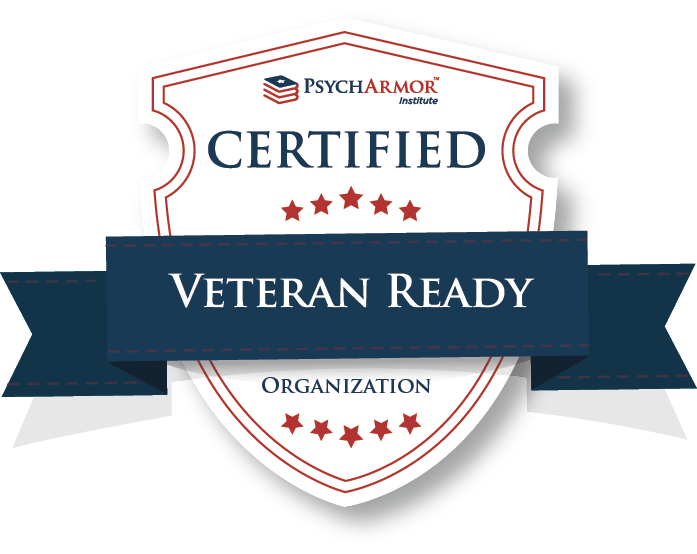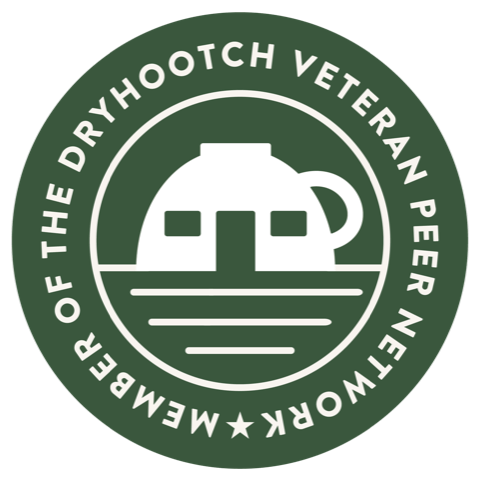The idea for Veterans Recovery Resources came to John through time and experience. John is a combat Veteran of Operation Desert Shield/Desert Storm (1990-91), Kosovo (2005-06) and Kuwait in support of Operation Enduring Freedom (2015).
He has over 32 years reserve military service including 12 years as an intelligence analyst in the U.S. Marine Corps Reserve and over 20 years as a Medical Service Corps Officer in the U.S. Army Reserve. He also served an eighteen month tour at the Pentagon in the Office of the Surgeon General at Headquarters, Department of the Army (2009-2010).
While John’s specialty is hospital administration, he brings the credibility of being a Veteran himself. John has walked in the shoes of Veterans and those in recovery. He has seen the challenges facing Veterans in receiving the timely and quality care they need, as well as the community of fellowship that is so key to leading a successful civilian life in recovery.
John has a bold vision for how military Veterans can recover from the trauma and issues they face. That vision is Veterans Recovery Resources.
After the Veterans Access, Choice and Accountability Act of 2014 expanded the use of non-Veterans Affairs care for veterans located more than 40 miles from a Veterans Affairs facility, and for those for whom care is not available in a timely fashion, John decided to act. He launched the organization in 2015 and created a Board of Directors with Jim Ware and Mike Plattenburg. He started working with Todd Greer and Dr. Joe Currier. The Advisory Board grew. The momentum for Veterans Recovery Resources continues to grow because the need is so dire. John and his team are committed to making Veterans Recovery Resources a reality. The first stop? Their own local community in Mobile, Alabama.
Why Mobile, Alabama? There are roughly 60,000 Veterans in the southwest portion of the state. Needs assessments reveal that 1 in 2 Veterans in the area report a previous mental health diagnosis (e.g. post-traumatic stress) and/or recent thoughts of suicide and problem drinking. Yet there is not one Veteran-specific residential substance abuse treatment program to serve them nearby.
Research suggests that some Veterans returning to civilian life have difficulty finding employment; are at increased risk to develop health and mental health injuries that can lead to depression, post-traumatic stress disorder, substance use disorders, and sometimes suicide; and struggle to reconcile their experiences with a civilian society that does not understand or misunderstands these injuries, military service, and war. Veterans helping other Veterans makes sense, and working together to serve the communities in which they live is key.
It is not enough to thank our Veterans, though we all appreciate gratitude. We need to help our Veterans, for they carry the burden of service long after they leave the military. We need to help them in concrete ways specific to their unique mental health needs. Join forces with the Veterans Recovery Resources team today by making a donation. They have given so much for us. Together, let’s end their war.
Learn more about what John shared with the Rotary Club of Mobile and read this article posted by the University of Alabama School of Social Work.





Leave A Comment
You must be logged in to post a comment.